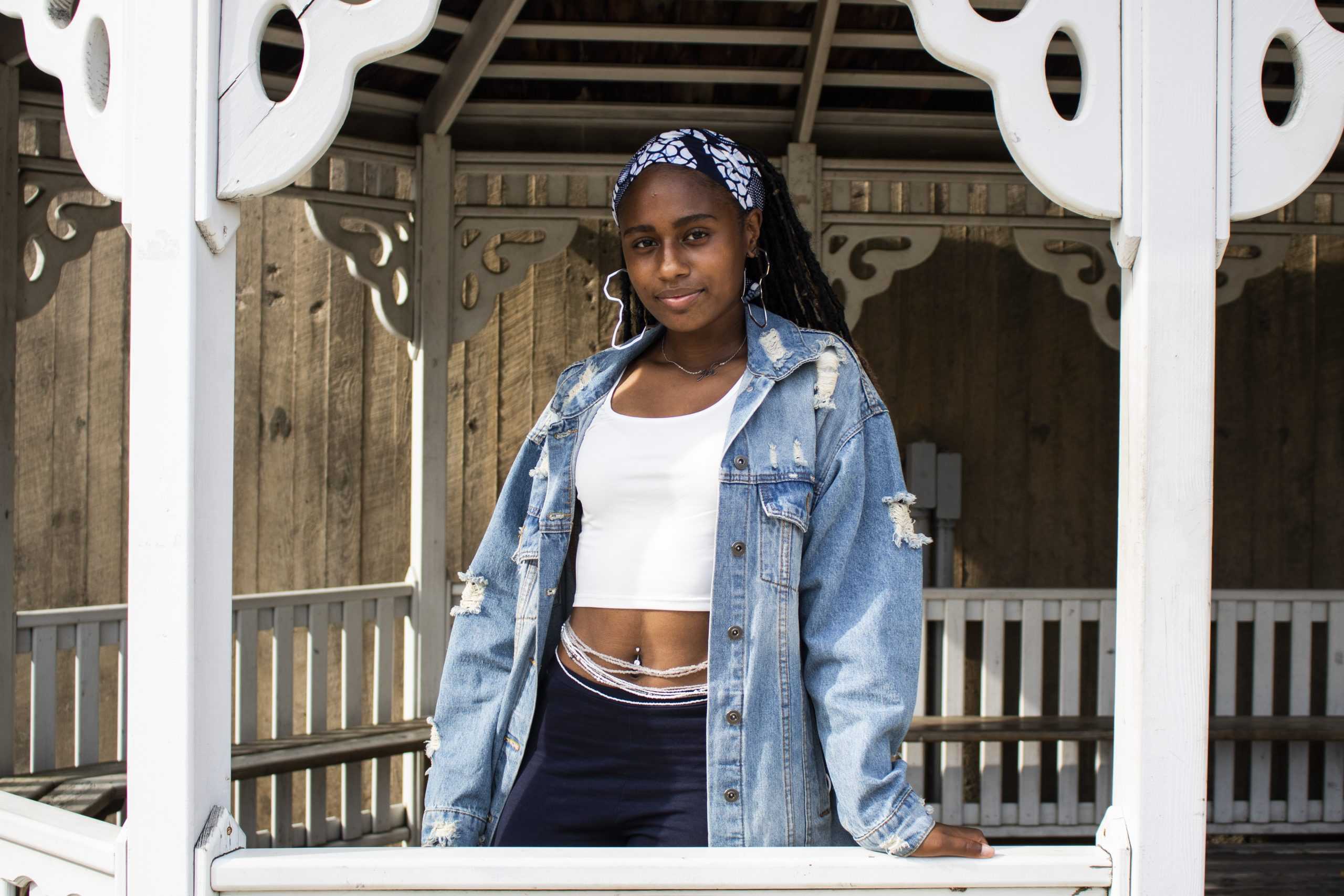Inspired by her family’s Ghanaian roots, Jala Cosley ’22 started African Twist, an online business that sells traditional waist beads and other accessories.
“For me, being born in the United States, I feel like I’ve always [tried to] integrate African culture [into my style],” Cosley said.
While waist beads, like the ones from African Twist, can be worn as a fashion statement, Cosley said they hold symbolic value as well.
“In West Africa, waist beads are a big thing,” Cosley said. “They symbolize purity.”
Cosley said they can also be used to track weight by monitoring the fluctuation in waist size.
“Basically, say you gain weight, the waist beads don’t stretch,” Cosley said. “They’re not an elastic, so they’ll rise [if you gain weight,] or if you lose weight, they’ll lower.”
Since launching the business, Cosley has expanded and started making anklets, bonnets and earrings. Prices for different items vary, but waist beads range in price from $18-25.
“Other people, they’ll sell [waist beads] and they’ll be so expensive and then you break them and it’s like, ‘Oh no,’” said Autumn Richardson ’22, Cosley’s friend and loyal customer. “But [Cosley’s] are actually durable and not super expensive, which is awesome.”
According to Cosley, traditional waist beads are threaded on a cotton string and tied around a woman’s waist. She threads her glass beads on a metal wire to make sure they are durable. She will also customize a strand to a particular order. Cosley adds a metal clasp so that the beads can be removed and changed on a regular basis instead of having to be cut off. This way, they can match any outfit.
Cosley said that making a strand only takes 15-30 minutes and is actually a stress- reliever for her.
“Many people think it’s so tedious and crazy to put all of those tiny beads on the string,” Cosley said. “But I personally find it really relaxing.”
Cosley said she has made waist beads for her and her friends since she was in high school, but when more people started asking for them, she decided to start her business. Cosley has been operating for six months and is glad to have found a way to help people express and celebrate African culture.
“I think it’s something that people should really try, especially if they want to show their Black or African pride, something that they can definitely show in a small way,” Cosley said.
Richardson said that she has been wearing waist beads since she was 16 and has learned a lot because of them.
“Once you get into it, you can actually learn about the cultural background and why people wear them,” Richardson said. “That’s where it’s kind of enlightening.”
Asia Whittenberger ’22, another one of Cosley’s customers, said she wears waist beads for weight awareness. However, because she is not a Black woman, she thought carefully about her decision to wear them.
“I don’t have African roots, so in buying them I had to think about cultural appropriation,” Whittenberger said. “I came to the conclusion that I’m not wearing them to be trendy or to show it off to people. I’m wearing it for my own personal reasons.”
Even though it is early on, Cosley is excited about what’s in store for African Twist.
“[The goal] is to see where God takes me,” Cosley said.
Whittenberger said that she is proud to support African Twist and is excited to see how much it has expanded in the past few months.
“Not only is she my close friend, but [supporting her] is supporting a small Black owned business, which is very important,” Whittenberger said.















































